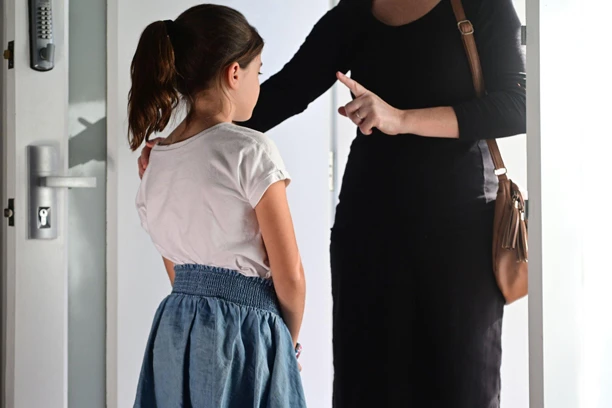The concept of “values” is fading quickly in today’s competitive environment. Social and moral standards have totally devolved. Every day, a child goes to school contemplating how to achieve their goals and how a high-quality education might transform their lives. On the other hand, grades rather than moral principles of life are the criteria for promotion in schools. However, if we stop to think about it, childhood is actually a tremendously impressionable time, and the role of parents in moral development is extremely crucial. Their brains are like soft wax, so anything they are taught, while they are young, imprints deeply. Moral principles are independent of religion. Instead, it eradicates violence, superstition, and extremism. It teaches us to love and serve everyone. Today’s generation is lacking in this value. A child is helped by listening to his conscience. The worldly display is not to be used to lure them away.
Mr Yash Birla believes that a child’s decision-making process is shaped by their moral growth. His or her upbringing influences how they develop morally. Therefore, parental impact on children through their parenting practises, disciplinary methods, and parenting styles is mostly where morality emerges from. The parent-child relationship’s hierarchical structure limits kids’ moral growth. Yash Birla was brought up by his parents and grandmother with a lot of love as well as moral teachings, which we call ‘Sanskar.’ The learnings or ‘Sanskar’ that he grew up with are the ones which he still follows and implements in his daily life.
A moral value is a study of the human soul; it is a reflection of one’s ethics and innermost thoughts. It instils human values and value education, which is a crucial element required from early development. Every parent desires to instil a strong sense of right and wrong in their children. They might even wish to begin by developing their morality and empathy. The morals we value most are often instilled in us by our parents. Parenting strategies can aid in moulding the young child into a moral adult by teaching them values like honesty, respect, charity, and kindness. Parental behaviour is a child’s most effective instructor. Children learn moral ideals through their actions.
Being role models is another duty of parents is something Yash Birla staunchly believes in. Parents serve as role models for children and teach them values. Thus, Yash Birla believes that if he follows and preaches a strict set of principles, then he is leaving a good example for his children to follow. Through their interactions with regulations, rule infractions, and peer conflicts, young children acquire social experiences with physical and psychological injury, fair distribution, and the violation of rights. Parents can assist children in developing moral conceptions by taking into account the potential social experiences that their children may have. Parents should endeavour to behave in such a way (not just saying it, but also doing it) and make their children observe that their parents are respectful of each other’s rights rather than lecturing them about moral principles.
Parents have a vital part in their
children’s moral development
, even if it is important to acknowledge the influence of peers on young people. Children of the same age group often emulate their behaviour toward one another. These interactions teach them about wrongdoing, justice, and rights. In other words, injuring and violating their rights can be part of their moral development. Parents can help their children develop morally by encouraging them to form connections with specific classmates.
Finally, it is determined that parents are crucial to their children’s moral growth. The emotive and cognitive aspects of parent-child relationships should therefore be valued by parents, who should also be aware of their children’s potential social experiences.








Leave A Comment